
PLOT: The true story of journalist Gary Webb and his investigation into the CIA's complicity in the crack-cocaine epidemic of the 1980s and 90s.
REVIEW: There's a fascinating movie to be made about Gary Webb and his investigation into the CIA-assisted flood of cocaine into the U.S. in the mid-80s, but KILL THE MESSENGER doesn't quite find it. It's a good movie, to be sure, with a very compelling lead performance from Jeremy Renner, but there's just something slightly lacking in the presentation of this most intense stranger-than-fiction tale. Just "good" is sometimes not quite good enough.
Webb was a beat reporter for the San Jose Mercury News, a relative small-time paper on the west coast. His investigation into drug lords who were being treated like royalty even after their arrest led him to an even more explosive story. With a tip from the wife of a drug czar he inadvertently helps get released, Webb discovers that the crack cocaine epidemic that hit the U.S., specifically Los Angeles, had ties to the CIA, who were helping to supply contras in Nicaragua with weapons in their fight against the Sandinista government. The profits of the drug sales in the U.S. would help fund the contra's mission; hence the CIA actively knew about the drug epidemic raging in their own country and let it slide in order to fight against communists elsewhere.

Webb attacks the story from every angle, visiting everyone from a low-level dealer (Michael Kenneth Williams, "The Wire") to an incarcerated kingpin in Nicaragua (Andy Garcia). He's able to get all the info he needs from the bad guys (who tell more truth than the "good guys," of course), and before long he has a blockbuster on his hands, a life's work. His subsequent series of articles, titled "Dark Alliance," became national news, with every major outlet picking it up. Citizens in the areas affected the most by the crack explosion were outraged; their own government turned a blind eye to the deterioration of entire communities. This was the epitome of not being able to trust the ones you're supposed to trust most.
But with every major success comes a major backlash, as Webb finds out swiftly. The CIA immediately becomes a presence in his life, attempting to debunk his story and issuing vague but menacing threats. On the other side of things, the media big boys, like the Washington Post and the L.A. Times, feel slighted by the groundbreaking scoop from the minuscule news outlet. With jealousy running high, they too begin to tear apart Webb's story, examining his background and disparaging his character. Webb goes from hero to victim to vilified charlatan in the blink of an eye, and it begins to take a toll on his mental wellbeing, as well as his family life: His wife (Rosemary Dewitt) is eager to support him but an affair from several years ago on Gary's part doesn't make it hard for her to see him as less than virtuous.
KILL THE MESSENGER has a propulsive energy in its early passages, with Webb its swaggering centerpiece. Like a latter day ALL THE PRESIDENT'S MEN, the film grooves on the precision with which a reporter has to sniff out a story. Webb himself is something of a 70s anti-establishment figure in another time; he rides a motorcycle, smokes, drinks; he lives something of a rock star life amidst the family routine. However, once he cracks the story and the naysayers start to emerge from the woodwork, the film becomes a familiar one man vs the system story, always potent but far from groundbreaking. Director Michael Cuesta settles KILL THE MESSENGER into a more melancholy rhythm, which indeed may be an accurate depiction of Webb's mindset as he watches his career fall apart, but it cuts short the strength and intrigue of the first act.

This is Webb's story, no doubt about that, but the nagging feeling is that film's may have already passed over a more enthralling subject once the second half starts. With Webb's personal life becoming the focus as the film goes on, we find ourselves yearning to know more about what Webb was actually writing about – was his reporting flawed? Should he have waited until he had more sources? Why are the people he talked to suddenly clamming up? KILL THE MESSENGER feels like it's more concerned with the story on page 5 than the one on the front page.
Renner is excellent in the film. His face registering Webb's arc from mischievous muckraker to tragically broken man, Renner once again proves that when he's not bouncing from action franchise to action franchise he's a damn good actor. The movie surrounds him with a bevy of terrific supporting actors; Mary Elizabeth Winstead (as Webb's increasingly concerned editor), Michael Sheen (as a politician who can relate to being screwed over by the CIA), Tim Blake Nelson (as an intense defense attorney) are among the highlights, but really the entire cast is superb.
The greatest achievement that the film can lay claim to is that it importantly brings these stories to the forefront, as they have naturally been largely forgotten. It's a fine movie, featuring a riveting central performance, but it falls short of being as exemplary as it might have been.







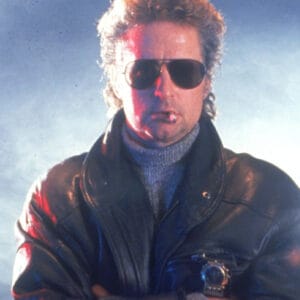

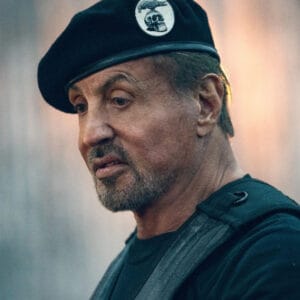




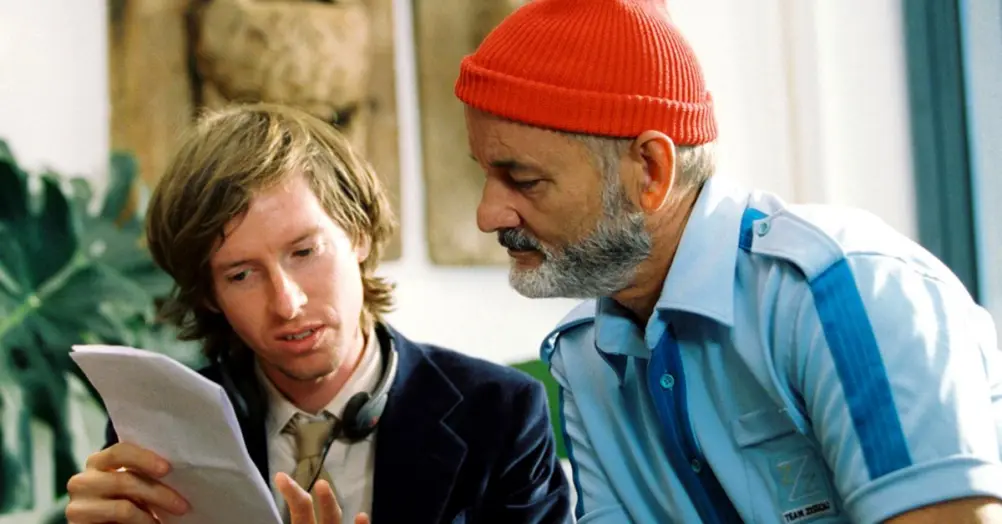
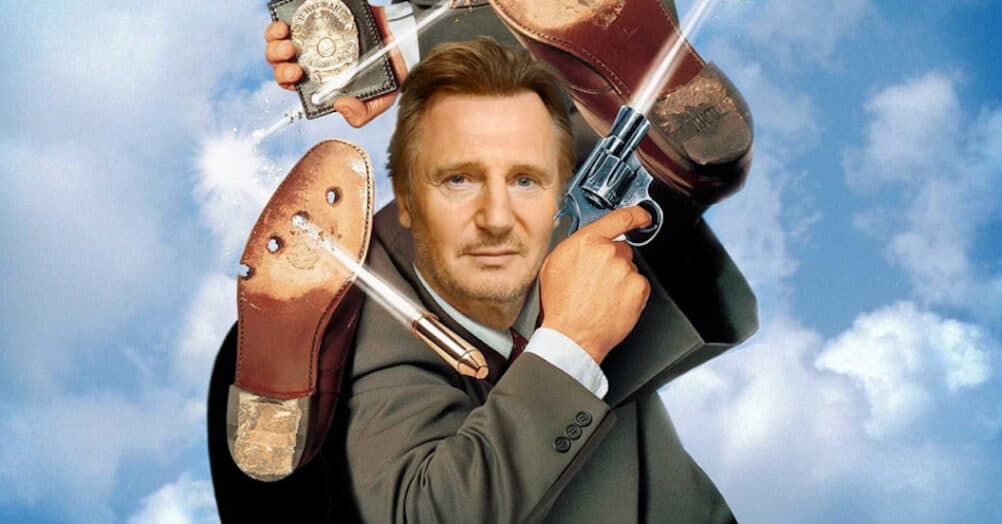

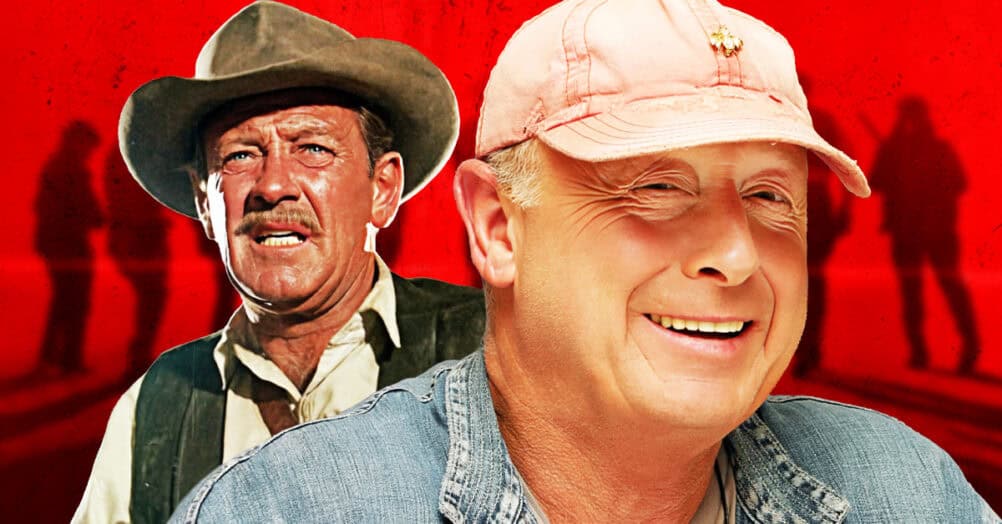


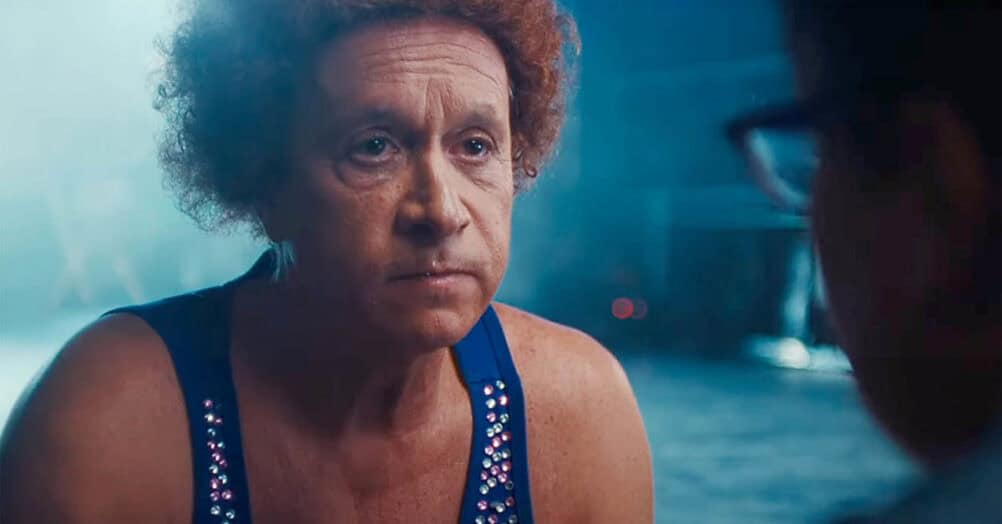
Follow the JOBLO MOVIE NETWORK
Follow us on YOUTUBE
Follow ARROW IN THE HEAD
Follow AITH on YOUTUBE